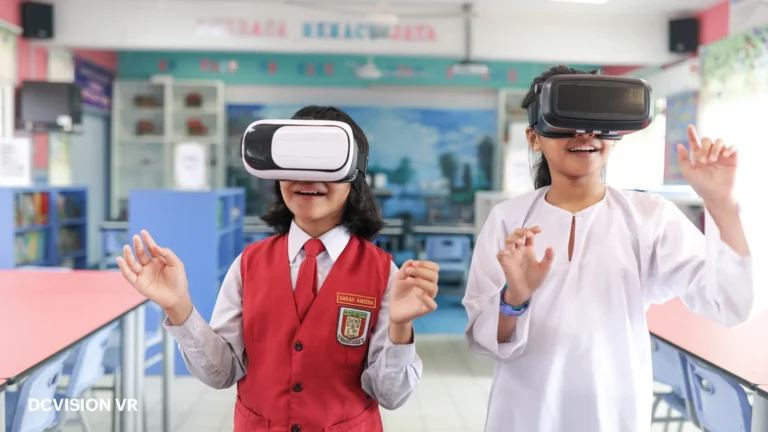

Top Virtual Reality Trends in 2024
In 2024, the year when virtual reality (VR) tech will be a serious business The possibilities for VR are broadening quickly – from life-changing educational services to super realistic experiences and the metaverse’s growing prominence.
In this post, you will learn the: Overview of top VR trends 2024Verticle-Specific directions Why Now is Right Time for Every Business to Adopt Virtual Reality Activity Result
Here are some VR trends of 2024
Expansion into the Metaverse
A metavearse is a collective virtual shared space, created by the convergence of virtually enhanced physical reality and physically persistent tribalcy (OAugmented Reality), including realities resulting from human use computers or even computer-simulated worlds with no media access.
Planetcollab – Lab for VR/AR research Major corporations such as Meta (formerly Facebook), Microsoft, and Disney are pouring investment into companies that connect virtual reality spaces to provide users with a single platform where they can move from one activity area to another without joining other applications.
Read also: Strategies for Successful Customer Acquisition
Enterprise Applications
VR is more than just gaming now. It is fast turning into an asset for business use, including training tools, remote team collaboration tool and even product testing assistance.
Companies are also developing original VR ideas for productivity and creative office needs as well.
Read also: What is the role of technology in modern startups
Cheers Parallel to Content
VR hardware is getting better & cheaper and more comfortable. Due to the dawn of new devices like Pimax Reality 12K and Panasonic MeganeX, technology experience is also getting a rise – HTC Vive wrist tracker.
Ease of Development
Libraries like Unity and Unreal Engine have made for developing VR apps extremely simple. On top of that, OpenXR support takes the pain out of development with VR by allowing developers to create compatible apps for multiple platforms.
Services tailored to VR
Companies have begun offering new forms of services that are built on top of the unique characteristics provided by virtual reality, such as providers for fitness apps and professional simulators.
Consumer market commoditization
need to get out as early as possible with consumer products and drive adoption of users by making the systems affordable, available, and perceived in categories.
According to a number of surveys, more and more people are becoming interested in VR not only for personal use but also promise professional application as well.
These trends indicate that VR is becoming a transformative technology, reshaping education, entertainment, social interaction, and business operations.
The future of VR holds immense potential for creating immersive, engaging, and practical applications across various sectors.


